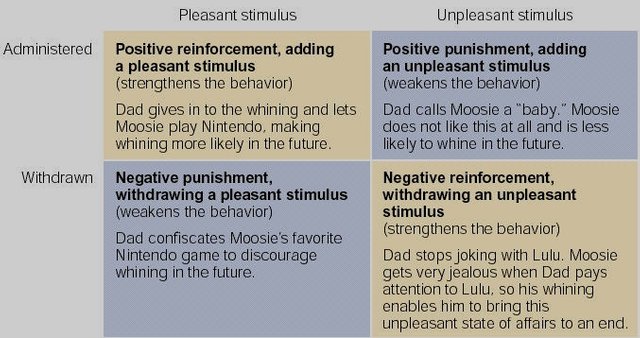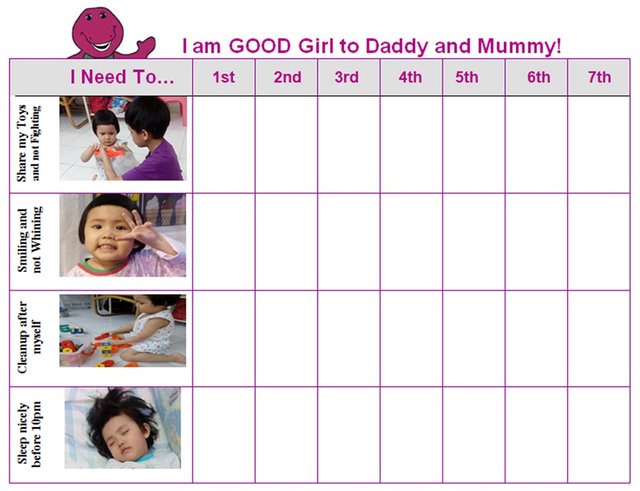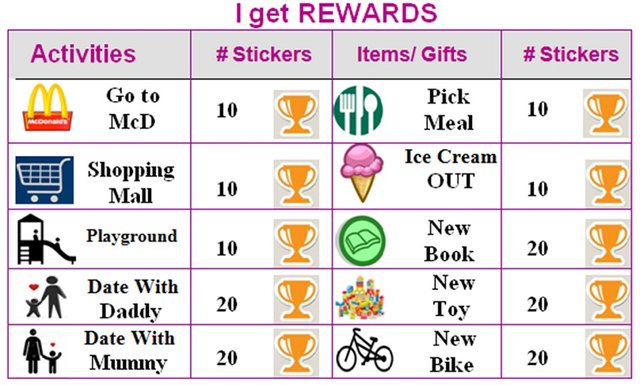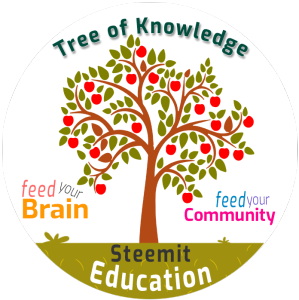12th Parenting –Observing a Child: Case Study on Sleep Habits

Sleep habit in Early Childhood
Every living creature needs to sleep. Sleep is especially important for children as it directly impacts cognitive and physical development. Newborns sleep a total of 10 to 18 hours a day on an irregular schedule with periods of one to three hours spent awake. Infants typically sleep 9-12 hours during the night and take 30 minute to two-hour naps, one to four times a day – fewer as they reach age one. 1 – 2 years toddlers take about 11-14 hours of sleep in a 24-hour period and gradually reduced to 8 to 10 hours when reaching age 3.
Parents complain when their children having sleep problems:
- My child does not get to sleep even at 12am.
- My child has night wakings more than two times per day.
- My child keeps on yawing and crying and can’t sleep well.
Case Study: Sleep habits and problem
When Grace was 1 year, she consistently took nap for 1 to 2 hours in the early afternoon. She always went to bed before 10pm and slept nicely throughout the night. By her 2½ years, her sleeping habit changed. She stopped napping and had inconsistent sleeping hour at night. Sometimes she went to sleep only after 12am. At around 10pm, she always replied, “I’m not tired” when her parents asking her to sleep. She would invite her parents to join her play, “Chef”. She prepared different food or drinks. She woke up late the next morning and her poor sleep also disturb her parents. At first, her parents give in and she continues to sleep lately. Later, they step up pressure on her, who vigorously resists. She also woke up at night complaining of nightmares problems. Finally, her parents change the technique by putting her to bed earlier. After having milk around 9.30pm, she would listen to a short story (i.e. her favourite Peppa Pig’s story). Then she is allowed to bring her security toy to bed after having another cup of water. Her sleep has improved.
Theories and Solutions
B. F. Skinner’s (1904–1990) Operant Conditioning Theory. Skinner defined the frequency of a behaviour can be increased by using a wide variety of reinforcers —food, drink, praise, a friendly smile, or a new toy. Or it can be decreased through punishment, such as disapproval or withdrawal of privileges (Berk, 2013, p. 17).
Skinner quoted, “A teacher must first determine what behavioural change is desirable, then manipulate the consequence to alter the probability of the behaviour recurring.” He developed techniques of operant conditioning as follow

This case study describes Grace is at the early part of preoperational stage in Jean Piaget’ theory. This stage is marked by a lot of make-believe play. She often becomes fascinated with imitative play (“Chef”) and spends long times in doing it.

The solution implies Skinner’s theory to improve sleep habit of Grace. As a father, I have compiled a chart to encourage Grace to sleep earlier before 10pm. She will receive a sticker to claim her rewards from her parents afterwards.

Conclusion
From my case study above, I can see that Operant Conditioning Theory and Cognitive Developmental Theory use different ways in contributing to early child development. The works of Skinner and Piaget are based on very different philosophies and obtain remarkably different results when put into practice.
References
Berk, L. E. (2013). Child Development, 9th Edition. Toronto: Pearson.
_________ (2014). Development through the Lifespan, 6th Edition. Toronto: Pearson.
Berk, L. E. & Meyers A. B. (2012). Infants, Children, and Adolescents, 7th Edition. Toronto: Pearson.
Observing a Child vlogs
Intro and profile
Child development checklist
Running record
Physical Development
Cognitive Development
Socio-emotional Development
dTube
0 to 12 months developmental milestones
12 months to 24 months developmental milestones
24 months to 36 months developmental milestones
Physical Development
Speech Development


My dTube
My entrepreneurship projects
My training in Breakthru
Your post has been manually curated by littlenewthings
You’ve been upvoted by TeamMalaysia Community :-
To support the growth of TeamMalaysia Follow our upvotes by using steemauto.com and follow trail of @myach
Vote TeamMalaysia witness bitrocker2020 using this link vote for witness
Congratulations @calebchang! You have completed the following achievement on Steemit and have been rewarded with new badge(s) :
Click on the badge to view your Board of Honor.
If you no longer want to receive notifications, reply to this comment with the word
STOPTo support your work, I also upvoted your post!
Thank you.